RAPID MODE BENCHMARK TESTING
With the new Samsung 850 Pro comes a new update to Samsung Magician that allows the end user to use it in RAPID (Real-time Accelerated Processing of I/O Data) mode with up to 4GB of their system RAM. For those of you who don’t know what RAPID is exactly; it is simply a RAM caching algorithm. It filters through and analyzes your applications and data usage and optimizes the IO for Samsung SSDs accordingly to eliminate system performance bottlenecks. So essentially, it is like the extra DRAM on hardware RAID controllers, only it is much more advanced and allows for much faster speeds. So with that, let’s get with the benchmarks.
First up we have ATTO.
Initial results are very nice. We were able to reach a max of about 3,550MB/s read and 1,176MB/s write!
Next is Crystal Disk Mark.
In Crystal Disk Mark we see some even faster results. Sequential read and write speeds at about 6500MB/s and 3000MB/s write respectively. What is more impressive is the 4k speed coming in at just over 800MB/s! Now if only non-RAM cached 4k speeds could be like that and saturate the SATA interface.
Next is AS SSD.
Regaining consciousness after fainting from these AS SSD results… They sure are impressive! AS SSD shows us a staggering 1.7 million IOPS! Furthermore, sequential read and write speeds are in 4,500MB/s and 2,000MB/s range respectively. There is also a notable 3x increase in 4k read and write performance.
Finally we have Anvil’s Storage Utilities.
Here we finally see some discrepancy in the writes, which is completely viable. For the sequential write test we are only seeing 446MB/s write, thus we can conclude that that data was not processed in the RAPID storage pool, but sent straight to the drive instead.
Looking at the results from this new RAPID update, it shows a lot of improvement over the past version. Samsung finally allowed for more RAM to be used and seems to have tweaked and fine-tuned it now. Having said that, we must give the user a disclaimer; performance increases from RAPID only happen in certain scenarios and benchmarks do reflect this. Not everything can be sped up by RAPID. In fact, from my own testing of RAPID on an 840 Evo, I can’t see much of a difference in my systems performance for most of my daily tasks. This is mainly because Windows already does RAM caching pretty efficiently as it is. Samsung’s RAPID simply complements it with a more aggressive algorithm. The high benchmark speeds are still a site to see though.
Review Overview
Build
Performance
Consistency
Features
SSD Warranty
The Frist Consumer VNAND SSD!
The Samsung 850 Pro is the highest performing SATA 6Gb/s SSD we have reviewed to date. Packed with new innovative 3D V-NAND, full encryption support, and backed by an industry leading 10 year warranty, it is definitely worth a look!
 Technology X Tomorrow's Technology Today!
Technology X Tomorrow's Technology Today!

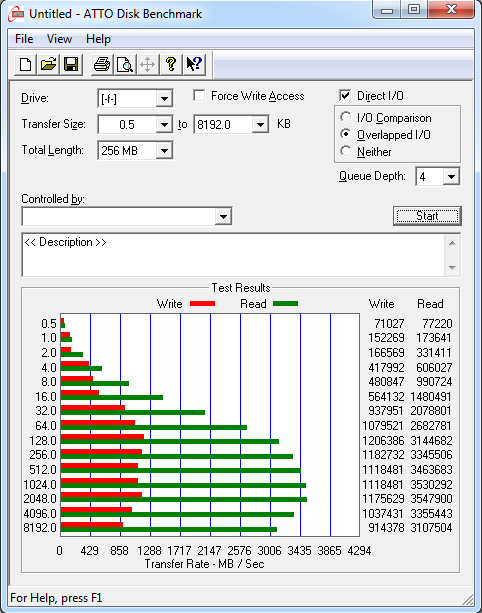
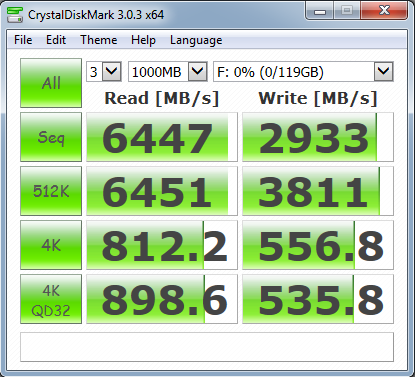
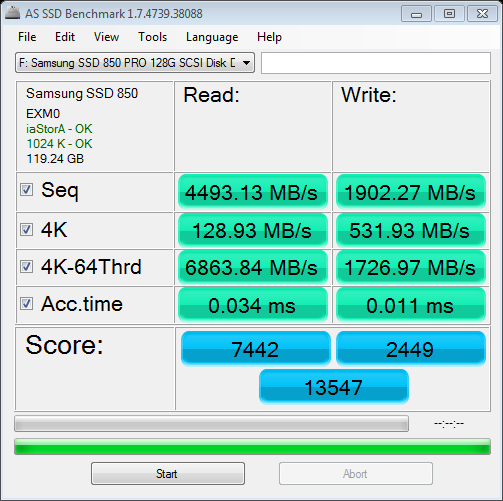
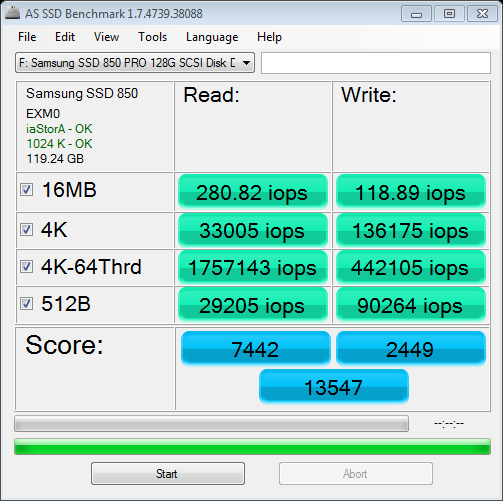
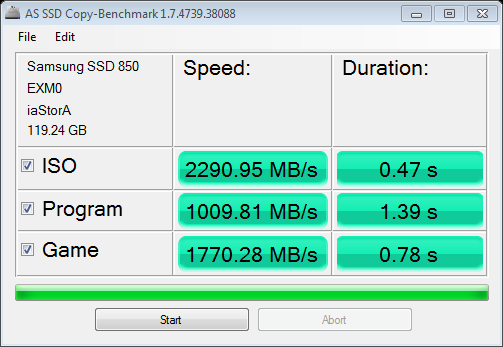
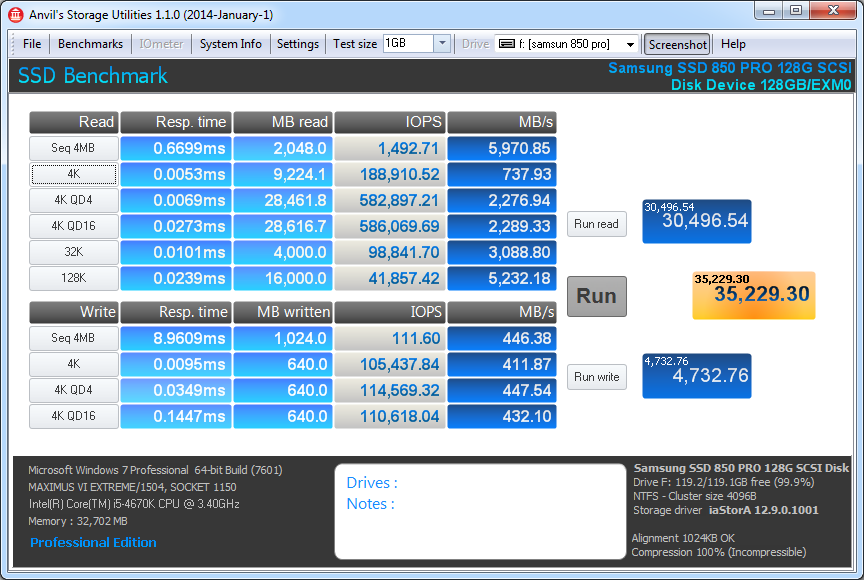
Do you feel like this is a game changer as far as SSD’s go? or just a good alternative to buying the Samsung 840 pro(which I own) ?
Well, performance has only slightly been improved, not enough to really be perceivable compared to your own 840 Pro. We don’t have any consistency tests of the old pro so we can’t direct compare for you yet. But the 10 year warranty, endurance increase, and the new V-NAND are definitely game changers.
Yeah I had a feeling that was going to be the case with the SSD, so if you do not already have an SSD and looking for a top of the line product in the consumer product then the 850 pro is a very good way to go. I remember with the EVO cam out with the RAPID technology and how pumped some enthusiasts were about the idea. I also remember that you mentioned it would eventually be able to be used by a 840 pro model, and one day while updating my firmware, it said Rapid available for these models and I was pretty excited. Especially because their is not just benchmark differences but also real world difference. Do you know if this SSD will have access to something similar? or maybe another a in the 850 line will. Thanks for the reply and keep writing man, I’ll keep reading.